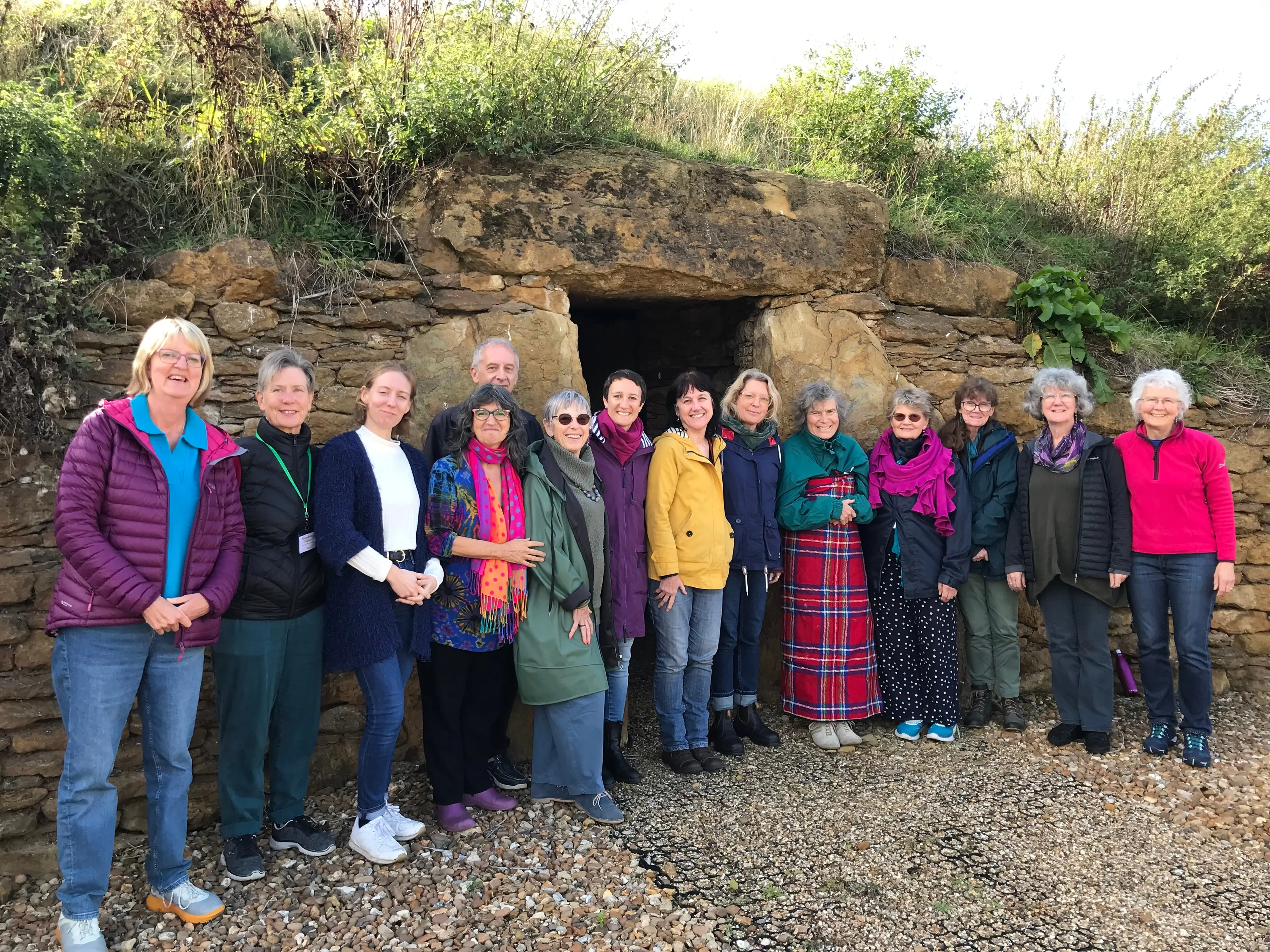Copyright thejc

A few years ago, professional singer Judith Silver offered to perform for a dear friend who was close to death at a north London hospice. “I experienced what it was like to be with somebody and have them and their family and friends feel the effect of the singing,” says Judith. “That was very powerful.” She then discovered an American organisation called the Threshold Choir – with groups based mostly in the States and Canada singing to comfort people who are dying – and decided to set up her own UK version with a repertoire that she found more fitting. “If I was on my deathbed, it wasn’t quite what I wanted to hear,” says Judith, who is a member of Finchley Reform Synagogue. Founded in 2014, Companion Voices now has 13 groups around the UK, two of which are in London and Hertfordshire, where Judith is seeking new singers. They have a maximum of 16 in a group, because it is “important for everyone to get to know each other” as three or four companion singers go together to someone’s bedside. The songs span different traditions and languages, and many are lullabies and simple rounds. That some are not sung in English allows them to feel like instrumental music that washes over people, says Judith. Those sung in English tend to be “spiritual”, such as I Am a River, by a contemporary writer. “I love the way you can read that song on all levels. You can engage with the metaphor of life, that we’re only flowing through; we’re here temporarily in this world.” There are a couple of Jewish melodies, too, including a snippet of Psalm 23, Kosi R’Vaya, meaning “my cup overflows”, to a tune by Rabbi Shefa Gold. A bedside visit is pre-arranged and involves singers entering the room humming and singing for 20 minutes, before leaving the room humming. Since singers do not talk at the bedside, Judith says it is important they learn the background and meaning of songs during the practice sessions. “The words about your cup overflowing – we often talk about filling the well. I think being a companion is quite an act of courage, to be of service to people who are dying.” Judith Silver, founder of Companion Voices[Missing Credit] The positive effect of the singing is both on the person who is nearing the end of their life and anyone in the vicinity. “What we do is help create an atmosphere, and sometimes we call it a soundscape,” says Judith. “Very often, the people we are called to sing for are no longer able to communicate normally, maybe not even through squeezing a hand. Our singing creates a bridge – there is still a way to feel connected in the room, for the family members and the person we’re singing for.” The qualities Judith cites as essential for the role – other than a good singing voice – are kindness, empathy and openness. As well as singing and learning sessions, Companion Voices runs sharing circles. “Each person talks about feelings they have about death and dying, experiences they might have had, how being a companion is affecting them,” she says. They also get to experience what it’s like to sing for somebody and be sung to. “If we were lucky, when we were a child we experienced a person singing just for us, but later in our lives, when do we ever get that experience? That’s part of what makes it so precious.” Judith is aware that the topic of death and dying is a complex one that some avoid. A few months ago, she and Rabbi Jeffrey Newman ran a “death café” at Finchley Reform Synagogue, where people could speak frankly. “I’m glad to be part of what I hope will be helping people to feel more ease around the subject and feel more able to talk.” The “End of Life Fair” will be held this Sunday (November 2) at the Holywell Community Centre, Chaffinch Lane, Watford between 11am and 3pm. This free event will include talks, physical and creative workshops to help navigate grief, as well as a singing demonstration from Companion Voices.



